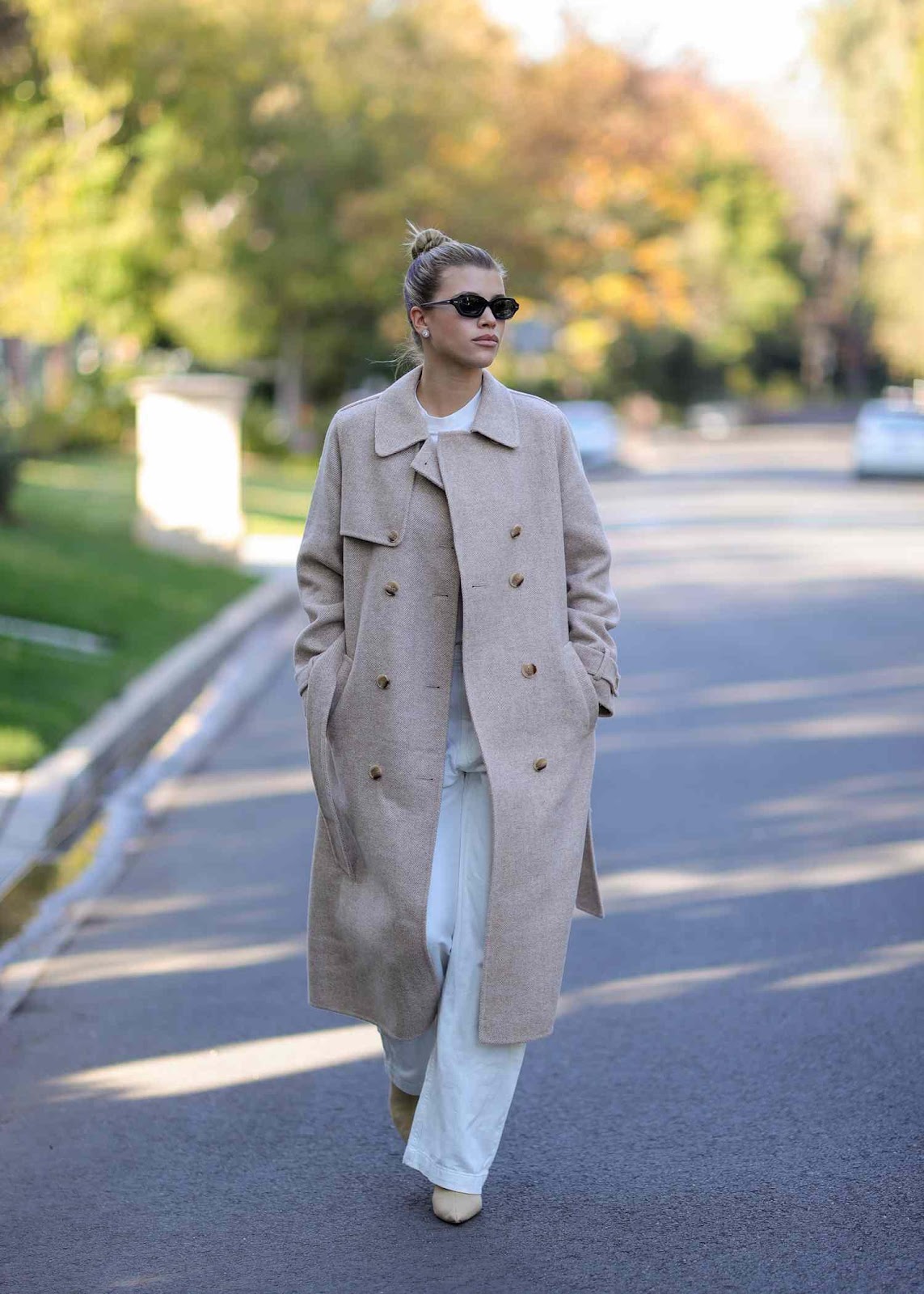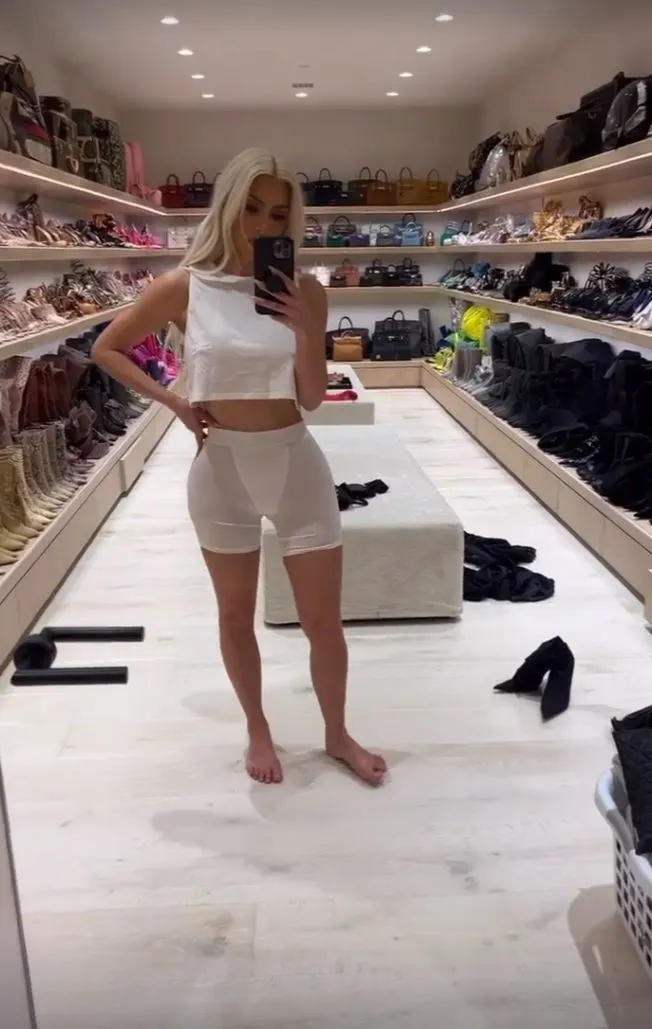The “quiet luxury” trend has gained popularity across social media, high fashion and retail and continues to influence buyers all over the world. So, let’s talk about it.
What is quiet luxury?
Put simply, it’s a minimalistic approach to purchasing goods based on high quality, timelessness, and investment. It’s a modern interpretation of what generations before us might deem “classic elegance”. But it’s more than just an aspirational aesthetic. In fact, one could argue its popularity stems from its antithesis. It’s rooted in sustainability and minimalism. Younger generations want to be more responsible in their consumption. Spending the same amount of money, yet buying fewer, high-quality products aligns with this mindset.
It’s a step away from the ostentatious, in-your-face style we’ve become accustomed to over the last two decades. This may be a niche example, but we can see signs of it happening in pop culture; fans beginning to prefer starlets like Sofia Richie over the gaudy extravagance displayed by global celebs the Kardashian/Jenners. Both parties are ultra rich but present themselves differently.


The trend (also coined “stealth wealth”) favors the idea of “investment pieces” that can be worn or used for years. This means that products often tend to be understated, neutral colors, and classic silhouettes to blend effortlessly into your lifestyle.
At first glance, this trend may sound some alarms for our industry. Buying fewer products? Aversion to loud branding? However, this trend already supports the efforts our industry has been working so hard to revolutionize: mindful, strategic merchandising. Ultimately, we aim to sell impact, and we can accomplish this at every price level. The key is in ensuring that it’s the best product, best design, and delivered to the recipient in the best way to fit their needs.
Tips for selling branded merch to customers who value “quiet luxury”:
Quality over quantity
Instead of dividing a customer’s budget into several low cost/ low impact items, aim for 1-2 investment pieces with a high-use rate.
Embrace name brand
Because of their perceived value, consumers tend to reuse name brand products often, especially if it serves as a status symbol.
Subtle branding
If the recipient feels like a walking billboard, it’s less likely they will use the product. Explore other methods and locations that are still visible, yet subtle. I also love applications that are a bit more pointed to the individual user. A step-and-repeat pattern inside a bag, a custom tag inside a jacket or insert page in a journal are all more intimate ways to connect with the end-user.
Focus on longevity
When connecting with buyers who want quiet luxury, provide statistics, case studies, and any other data to help them understand a product’s staying power.
Know the audience
It’s the foundation of any sales and marketing strategy. A buyer can spend all the money in the world and still choose products that aren’t staple items to their audience. You wouldn’t pitch winter jackets to a nightclub in Miami…. don’t lose sight of the true needs and habits of the end users.
Although many trends tend to be seasonal and fleeting, some are indicative of larger social change. I don’t know how long we’ll call it “quiet luxury”, but, I’m confident its roots will remain: a preference for high quality, less landfill, and better brand advocacy ahead.
Taylor Borst is Sr. Director of Marketing & Vendor Relations for American Solutions for Business. Joining the print and promo industry in 2015, she specializes in social media, promotional products, and supplier relations. Taylor is currently a Sous Chef with PromoKitchen, board member for UMAPP, on the PSDA Emerging Leaders Committee and is an advocate for education and youth involvement in the industry. Connect with her on Instagram,
TikTok and LinkedIn.